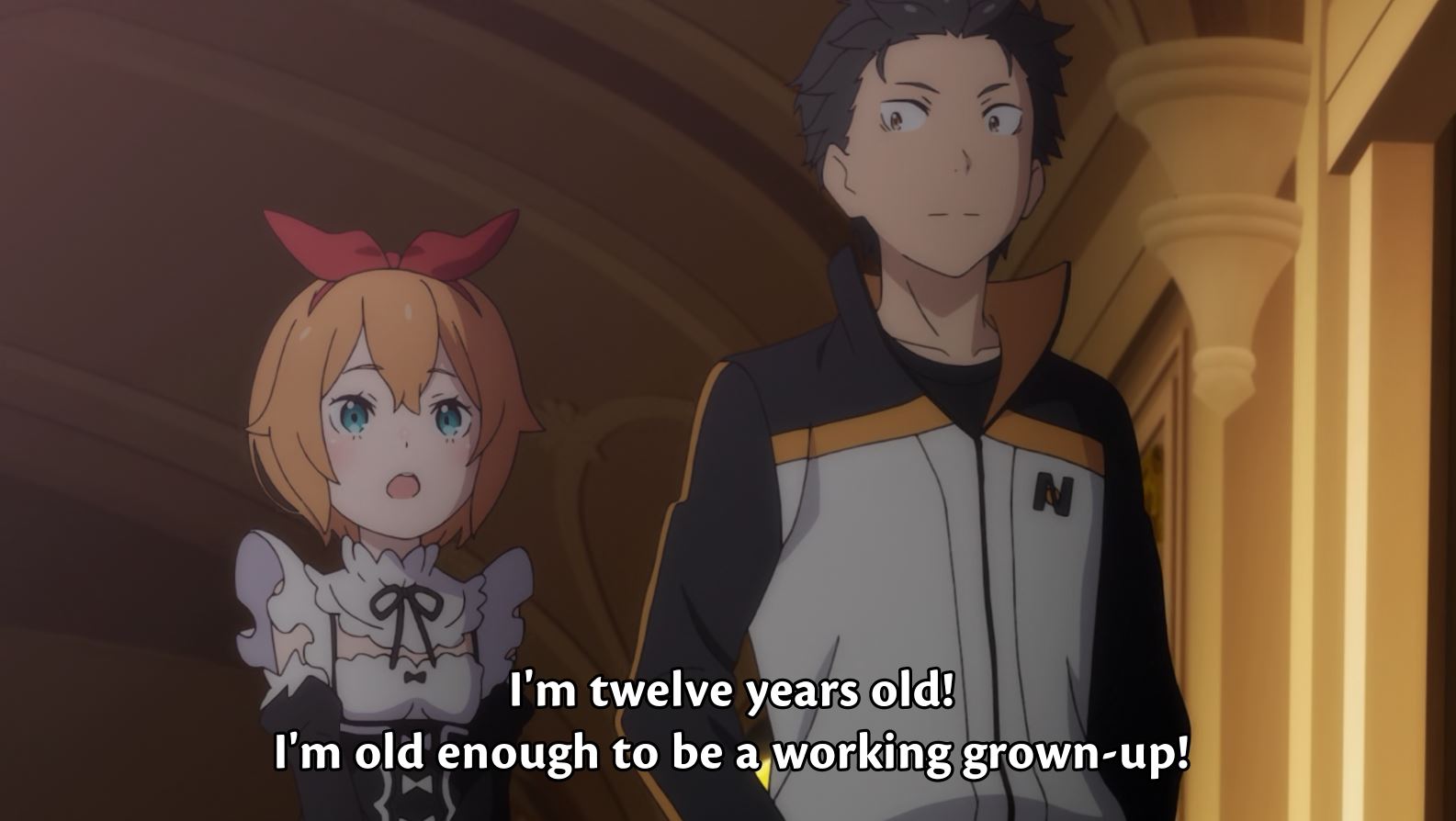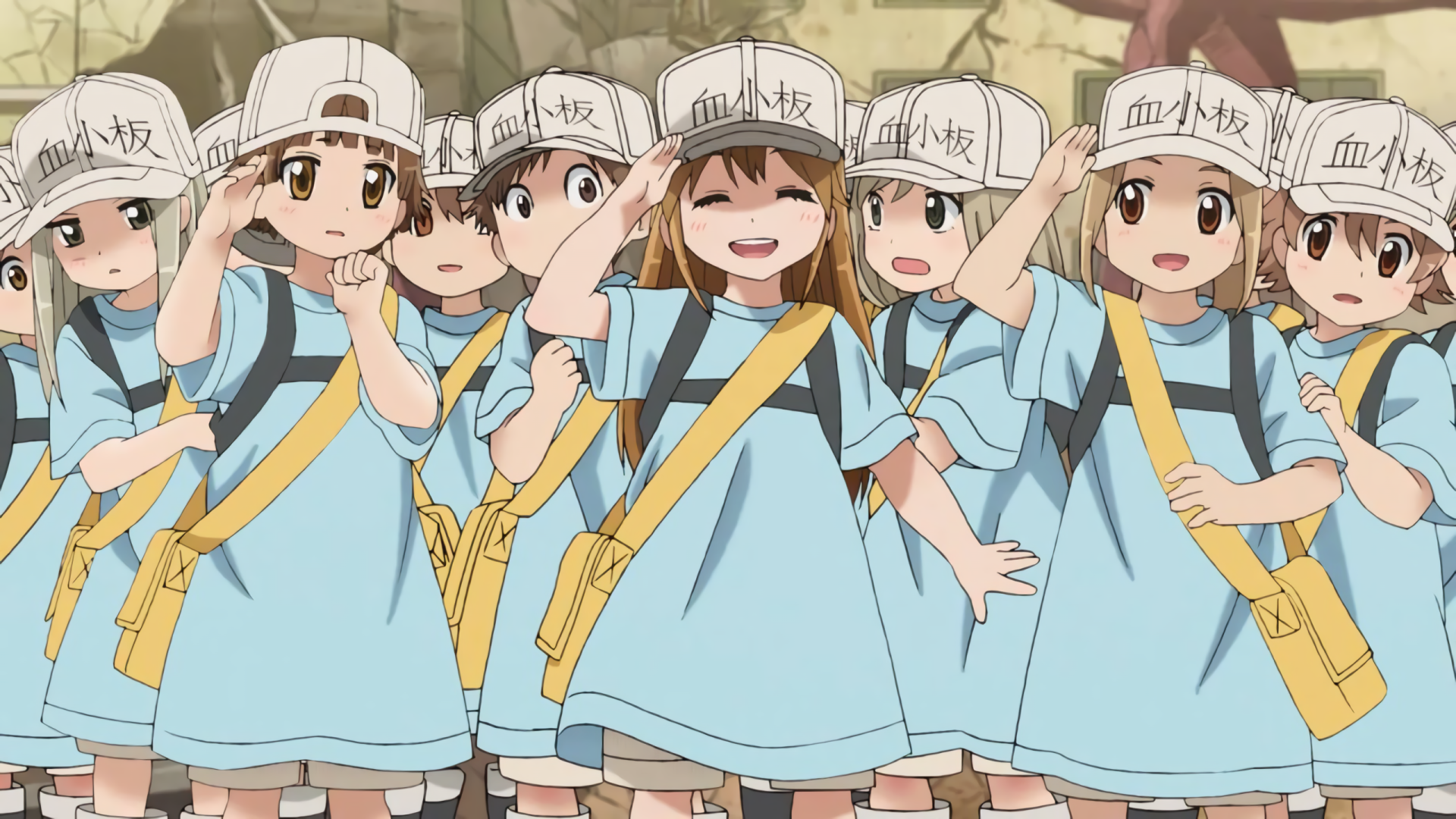In Chinese there is a famous saying: 不孝有三,无后为大.
There are 3 aspects of not being filial, of which not having descendants is the biggest act of being unfilial.
For a very long time, Japan is known to be the having the most trouble regarding its ageing population brought about by its low birth rate. Suddenly out of nowhere, South Korea came from behind and delivered a stunning news. A replacement rate of 0.81 – for every 2 people only 0.81 humans are born, less than half of what is required to maintain the population. At this rate, South Korea will wipe itself out, with each generation reducing by more than half.
Throughout history, high birth rates are always encouraged across many societies, religions and countries.
To the farmer, more children mean more labour force. To the family, it also means the parents’ old age will be taken care of and someone will be carrying on the family line. To the clan, a high birth rate ensures sufficient candidates to lead the next generation, given that mortality rate was high in ancient days. To the religion, more descendants mean more believers. To the society and country as a whole, not only are the humans a source of labour, but also form the basic units of the military force to conquer other territories or to defend their own. To the capitalists, they are a cheap source of labour and a market for them to sell their goods.

Throughout history, almost all who encouraged higher birth rates have a selfish reason to do so. The high birth rates contribute to their own benefits at the expense of the other humans. Soldiers can die on the battlefield, labourers can be squeezed dry and abandoned, children have to unconditionally take care of their parents even if they have to sell every single bit of their assets to delay an inevitable death by a month, girls can be trafficked and sold as commodities, organs can be harvested and used as replacement parts etc. As long as there are people, the benefitting organisations ranging from as small as a family unit to as big as an empire will continue to reap in the rewards.
In ancient or traditional societies where religious beliefs are firm and cultural binds are strong, the production of descendants can be encouraged or even enforced. There can be no question about your god’s instruction to spread your descendants everywhere. Unfilial sons and useless women who are unable to give birth have no place in society. There was no choice. For their own benefits and for their own standing in society, giving birth to as many offspring as they can is a natural thing to do.
In modern societies, there are 4 factors which contribute directly to the decline in birth rate, which I will be listing out in order from the weakest to the strongest reason. First, the weakening of religious beliefs. Today, nobody will stake you on the cross or burn you alive for being a witch, and nobody will call you an infidel for not having children. Second, the loosening of cultural chains. Who dare say you are unfilial now for not having offspring, except your own parents and irritating relatives who can only take limited actions such as verbal pressure? Third, the advancement of technology. Machines in farms and factories releases much labour force for deployment in other sectors, where skills and brain power have taken over raw strength as the basic unit of production. Coupled with labour laws, children are no longer considered a contributing member of the labour force until they have reached a certain age. Lastly, education. Although nothing has changed since 5000 years ago, higher educated people are now seeing that they are just being treated as expendable tools for the benefit of others where they and their descendants will be mercilessly used for the greater organisations’ or countries’ benefits, only to be sacrificed when necessary or to be abandoned when they have used up every drop of their energy. Just like dogs and cows are slaughtered the day they can no longer produce babies or milk in the farms.
In ancient societies, the order of importance became reversed. Although society has operated in the same way for the past thousands of years, the lack of education and technology has doomed many to work with their raw strength. Especially in backward societies, the chains of culture and the authority of religions are absolute. One step wrong and you are burnt on the stake or stoned to death.
That is why for the past 5000 years there were no issues with birth rate, and despite the same workings of society, only in recent times do we see a decline in birth rate and countries are panicking. The 4 factors above finally helped modern people see society for what it is and have generally led people to one conclusion – they do not see hope.
We come back to South Korea. Corruption is rampant, a few big companies known as chaebols (large industrial South Korean conglomerate run and controlled by an individual or family) controlled the market and the economy. They have so much power that the law does not seem to apply to them. They do what they want with no consequences while the commoners have to suffer. Because they are so big and control the market, the commoners do not get a good salary, and they do not have much options. Chances are you will be working for one of the chaebols.
Yet, this is what one of their ex-Deputy Prime Minister of Social Affairs and ex-Education Minister of South Korea Park Soon-ae proposed: to send children to primary school at 5 years old in an attempt to expand the labour pool. Her policy received so much backlash that just after 35 days in office, she resigned. Instead of trying to solve the root of the problem, all she can think is the country’s and corporates’ benefits – still trying to extract as much as they can out of the poor citizens.

But one does not just speak nonsense out of thin air. To come out with this policy, there has to be much paperwork done and multiple layers of approvals to be cleared. Granted that she is in a high position, but to introduce this policy to the public suggested behind-the-scenes backing and minimally implicit approval from the government. She represented the corporates and organisations backing her and the current South Korean government. Of course, when the backlash was bigger than expected, she became the scapegoat and stepped down.
We remember the American Dream, or the Singapore Dream or even the China Dream. What people want is something very simple – a peaceful society to work and live in, getting rewarded for their hard work in terms of finances and social mobility and ultimately, a realistic hope that all these can be achieved. Of course many countries ended up scamming their own citizens by selling them a false dream, but those who see hope can continue to run like rats until the day they exhaust themselves and die.

People around the world are waking up to the reality. In China people have started to 躺平, which means to lie flat. If you thought lying flat is the end of it, there is an even lower level, called 摆烂, which is to rot away. Lying flat basically just means the giving up of dreams and settling for the bare minimum to survive, while rotting away basically means giving up totally and let nature takes its course towards doom.
That is the very last step that the people will be willing to take – abandoning everything else just to survive. Giving up their dreams and abandoning their happiness just to survive at the bare minimum. At this point the Government still can do something – to make things for the better. Should the government still refuse to change or even let them have that last bit of freedom, when the system is so damaged and skewed, when people see no hope, history tells us 1 of 2 things can happen – a rebellion or a revolution. In the case of international relations, where the dominating superpower leave no road for other countries to walk, it means war.
Showing 1 - 3 out of 3
Page 1 out of 1
| - | Shop Products | Price | |
|---|---|---|---|
|
|
$99,999.00
|
||
|
|
$1.00
|
||
|
|
Price range: $69.00 through $99.00
|


